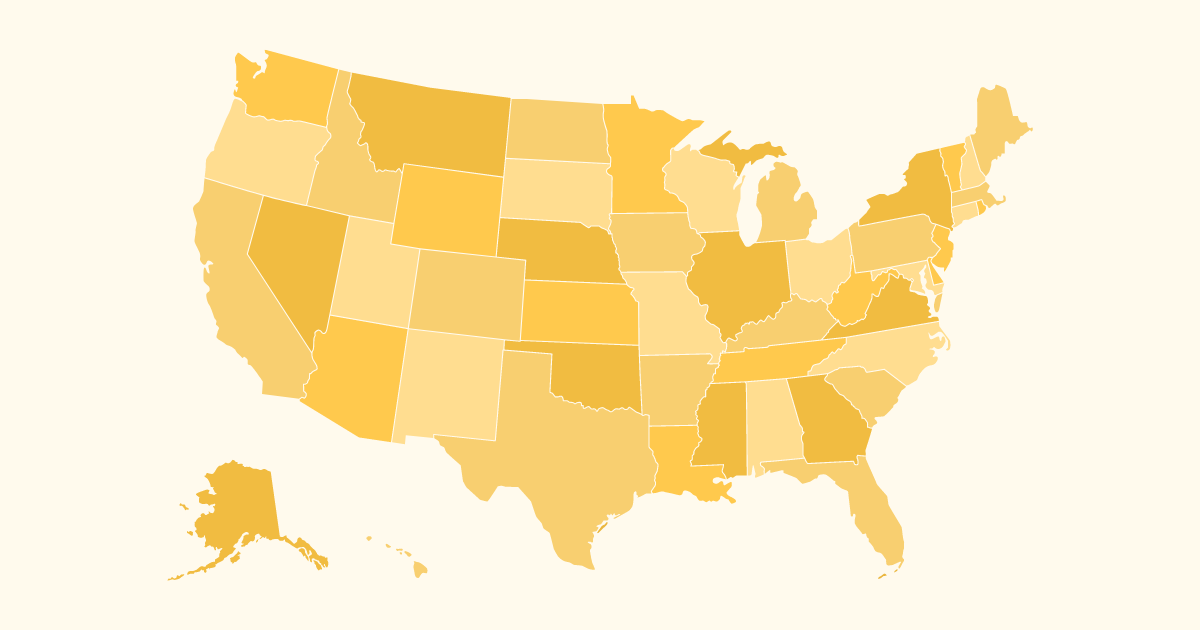US Federal and State Employment Laws– What International Recruiters Should Know
The employment law landscape in the US can feel complicated, so we’ll break it down for you and give some examples.
In the US, there are some employment laws put in place at the federal level, such as minimum wage and anti-discrimination laws. Individual US states may also have their own employment laws that can differ from federal laws, such as laws regarding paid sick leave and wage transparency. These laws can also vary from city-to-city within individual states.
Examples of federal employment laws
Federal discrimination laws in the US:
- Title VII of the Civil Rights Act of 1964
- Americans with Disabilities Act (ADA)
- Age Discrimination in Employment Act (ADEA)
- Pregnancy Discrimination Act
Fair Labor Standards Act (FLSA)
The FLSA establishes federal minimum wage, overtime pay, record keeping, and child labor standards for most employees in the US.
Examples of state-specific employment laws
Paid sick leave
Currently, there is no federal law in the US that mandates employers provide paid sick leave to their employees. Although there is no federal law in the US regarding sick leave, several states, such as California, New York, and Massachusetts, have passed laws that require employers to provide paid sick leave to their employees. These paid sick leave laws look different in every state and may vary by city.
Employee classification
As an international recruiter looking to hire contractors or internal employees in the US, worker classification is an important topic to understand. Employee classification laws can vary from state-to-state, with some states providing greater employee protections. Some states, such as California and New York, have worker classification laws that are more stringent.
Wage transparency
Wage transparency in the US refers to the practice of openly sharing information about employee compensation within an organization and on job postings. This information can include salary ranges, bonuses, and other types of compensation.
In recent years, wage transparency has become a popular topic in the US. Some states and cities have passed their own laws requiring employers to provide wage transparency, while other companies have implemented these policies voluntarily. These transparency laws can vary from state to state. A few of the states that currently have wage transparency laws in specific cities or state-wide include Washington, New York, Colorado, and Connecticut.
More on wage transparency laws
Minimum wage
The federal minimum wage in the US is currently $7.25 per hour. Although there is a federally enacted minimum wage, several states have their own minimum wage laws that exceed the federal minimum wage. For example, California currently has its own minimum wage law that requires employers to pay $15.50. Other states such as Florida, Washington, New Jersey and Colorado also have state-wide minimum wage laws with requirements that exceed the federal minimum. Minimum wage laws can also vary between cities and counties within individual states. US states are often enacting new minimum wages to keep up with the evolving US economy.
Key takeaways for international recruiters
As an international recruiter hiring in the US, it’s important to understand that local employment laws vary depending on the location of the worker. International recruiters should consider working with US legal and compliance experts to avoid risk and ensure maximum US compliance in all 50 states.
Disclaimer: This post is provided for informational purposes and should not be considered legal advice, the final word on this topic or a political opinion.
